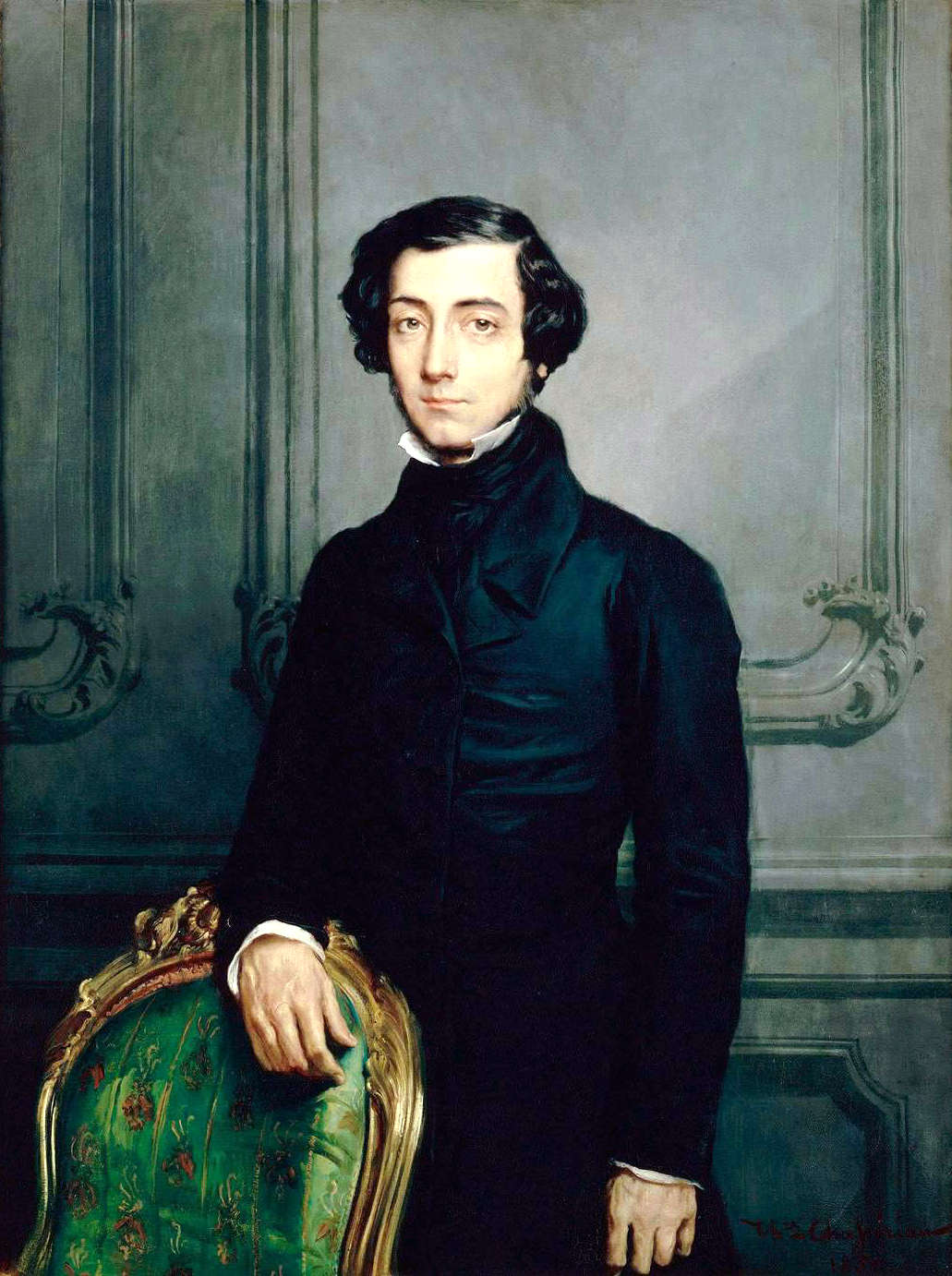Is it fair to read a historic document with such a modern interpretation? The term modern interpretation I use loosely is relative to the model under which the original document was crafted and conceived. For example, immediately following the above citation, the document continues to identify how human interests relate to freedom and happiness stating “That whenever any Form of Government becomes destructive of these ends, it is the Right of the People to alter or to abolish it, and to institute new Government, laying its foundation on such principles and organizing its powers in such form, as to them shall seem most likely to effect their Safety and Happiness.”
Do we notice that our society seems more interested in the “pursuit of happiness” than the actual realization of happiness? Most recently I noticed this viewpoint in the movie The Pursuit of Happiness where Chris Gardner, portrayed by Will Smith, identifies a momentary point in time where he realizes happiness, after a painful pursuit of the elusive state.
Alexis de Tocqueville in his book Democracy in America addressed the American vision of freedom and happiness, viewing it from the outsider’s perspective as a French aristocrat and statesman. Although he never addressed the Declaration of Independence in his writing, his philosophical approach to understanding American liberty and its relation to happiness, while excluding the very document that is credited with founding the American ideals of equality and freedom, provide an insight not often realized.
 For example, Tocqueville noticed that Americans tended to reduce people to nothing more than beings with self-interests, and thus they could not truly enjoy freedom. In other words, the idealized American of middle-class status is not really free but rather a slave to work and production, without any free time to enjoy leisurely activities that eventually are considered that of the privileged. This must have been especially obvious to him being that his study of the American culture took place during the industrialization and commercialization of America and the birth of the American middle class. During this time is when America really put its nose to the grindstone, and many traded the unstructured lifestyle of the farm life for the whistle-and-bell reigned factory employment. At this point is when America began to truly create a class that embodied the spirit of hard work and the pursuit of something better, while trading in the very activities and leisure that defined Happiness.
For example, Tocqueville noticed that Americans tended to reduce people to nothing more than beings with self-interests, and thus they could not truly enjoy freedom. In other words, the idealized American of middle-class status is not really free but rather a slave to work and production, without any free time to enjoy leisurely activities that eventually are considered that of the privileged. This must have been especially obvious to him being that his study of the American culture took place during the industrialization and commercialization of America and the birth of the American middle class. During this time is when America really put its nose to the grindstone, and many traded the unstructured lifestyle of the farm life for the whistle-and-bell reigned factory employment. At this point is when America began to truly create a class that embodied the spirit of hard work and the pursuit of something better, while trading in the very activities and leisure that defined Happiness.Sources:
Faragher, John, et al. Out of Many - A History of the American People. Fifth Edition. Upper Saddle River, New Jersey. 2006.
Jefferson, Thomas. “Declaration of Independence”. The Declaration of Independence. 4 July 1995. Independence Hall Association. 20 July 2007. URL.
Lawler, Peter Augustine. "Tocqueville at 200.(Alexis de Tocqueville)." Perspectives on Political Science 35.2 (Spring 2006): 68(5). Expanded Academic ASAP. Thomson Gale. CCL Diablo Valley College. 20 July 2007. URL.
Tocqueville, Alexis de. “Democracy in America”. The Alexis de Tocqueville Tour
Exploring Democracy in America. 20 July 2007. URL.
1 comment:
Your post is well thought out and and nicely written. As I read it, the word happiness kept floating around my head. What is happiness to me? What is happiness to other people? What am I, or other people, doing to in the pusuit of happiness?
Happiness, either shown in the recent movie or stated in the Declaration of Independence is an intangible goal, subject to interpretation of each individual that is pursuing it. We probably can assume that the the early “middle class” Americans Tocqueville was writing about were probably pursuing happpiness in their own individual way, by being industrious and hard working, trying to make a better life for themselves. Should we rely on the writings of a French political thinker and historian; what happiness is or should be to the 18th century Americans? Tocqueville is writing about America as an outsider, not as a “middle class” American.
Our present day idea of happiness has changed dramatically since the 18th century and we should be advised to remember that. Always keeping in mind that unless we were there we do not know what made early Americans happy.
Post a Comment